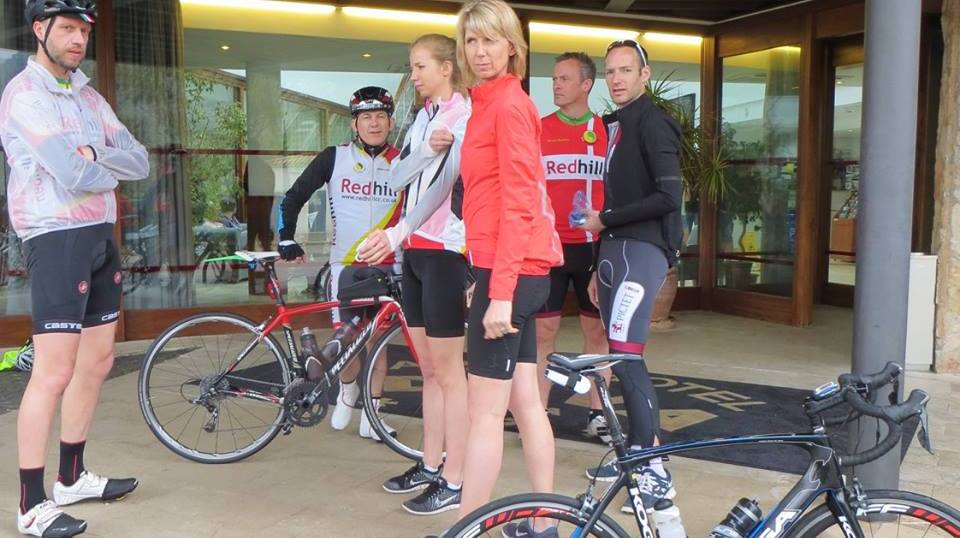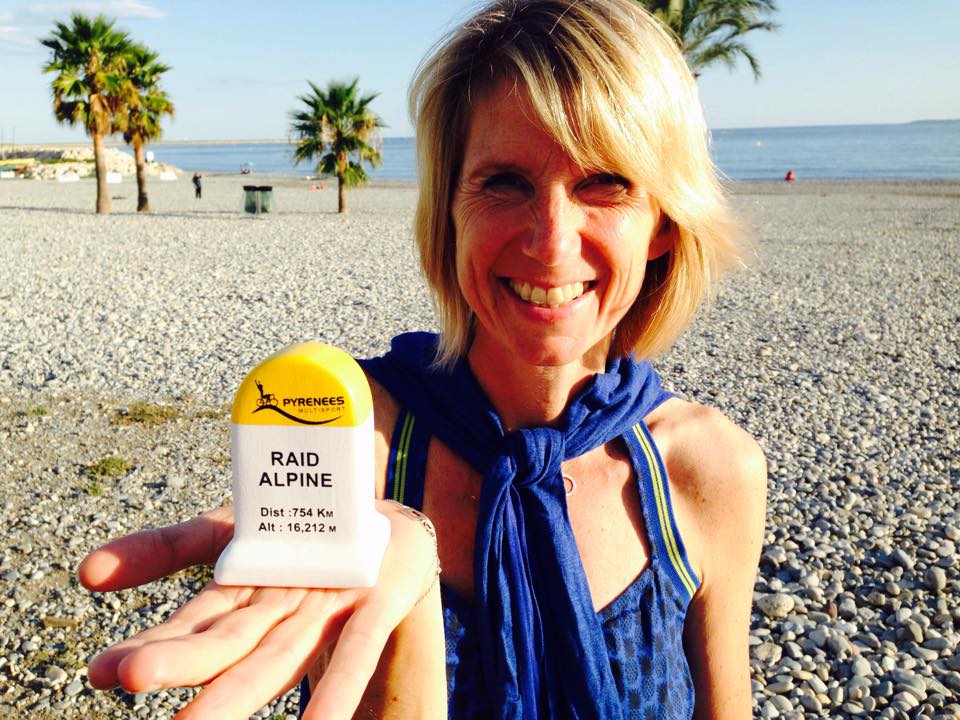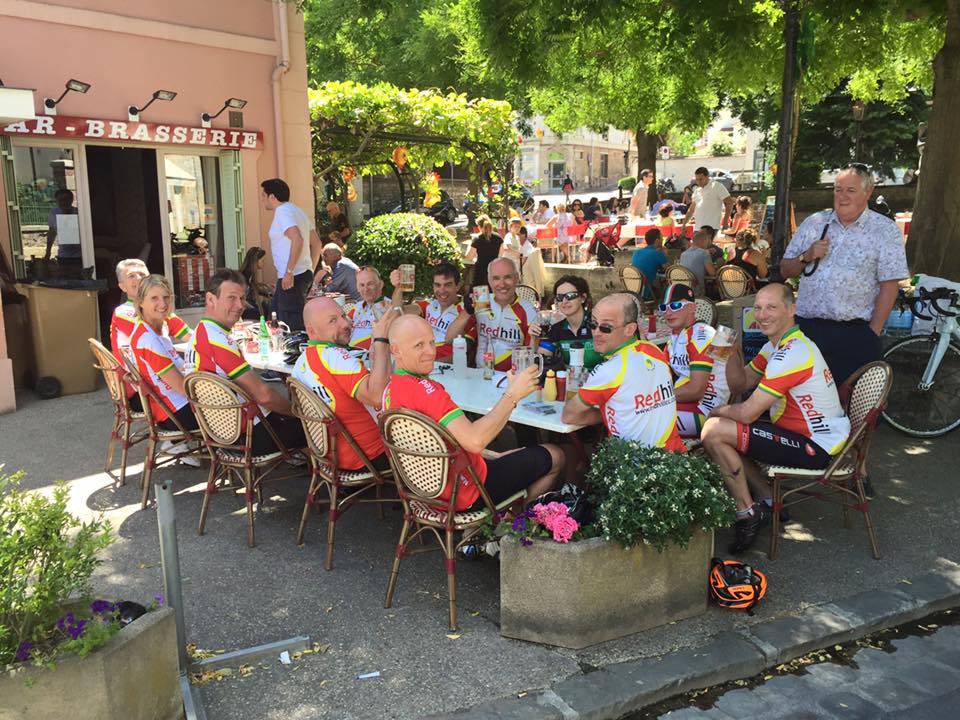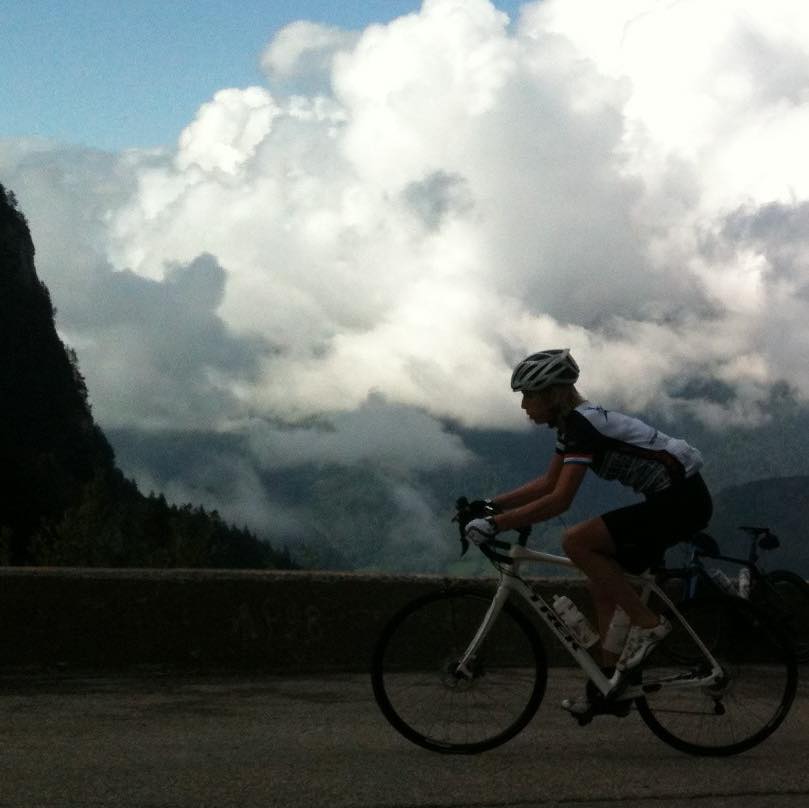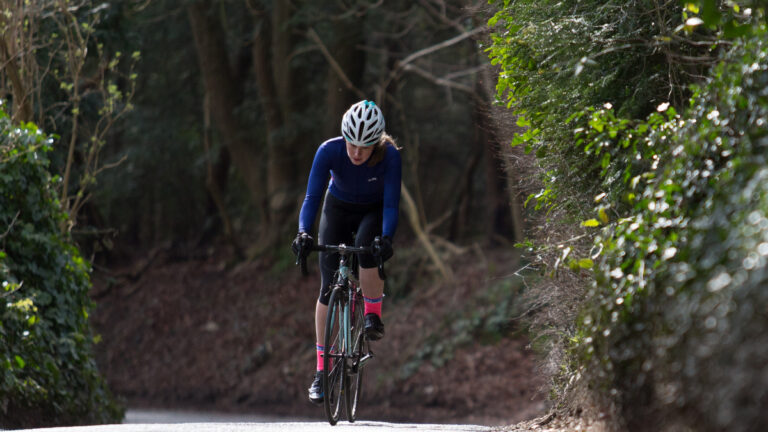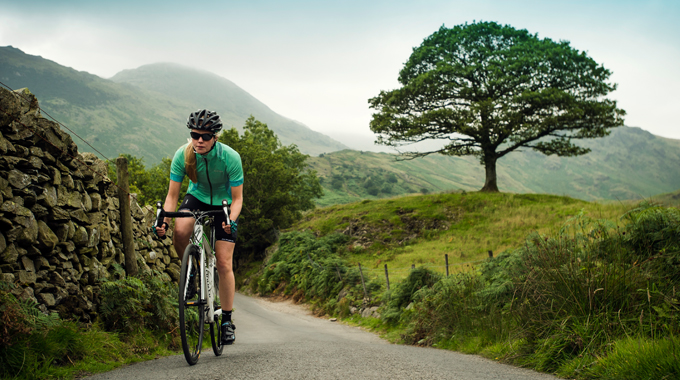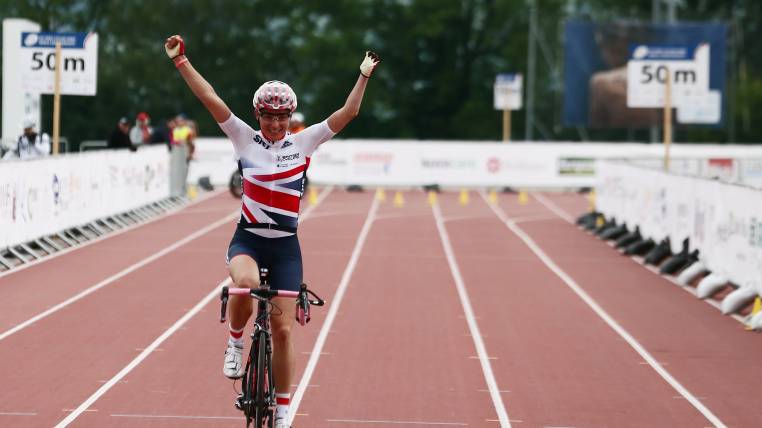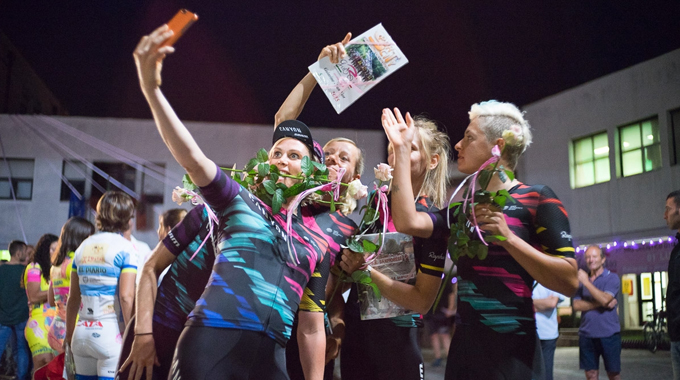Those of us with five senses firing on all cylinders have a tendency to take the simple things in life for granted. We rarely wake up and internally comment ‘I’m so glad I can just look out the window to see if it’s raining’. When we’re on the bike nattering away to a friend whilst focusing our eyes on the road ahead it rarely occurs to us that a deaf person who needs to lip read to hear simply can’t have that conversation.
The difficulties that a deaf person is presented with in cycling aren’t always visible, but they are there. This said, as deaf rider Fiona Brookes tells us, they’re far from insurmountable.
Brookes came to cycling when a back injury prevented her from continuing to compete in tennis, where she represented GB at the Deaflympics on multiple occasions. A Podiatrist by profession and mum to two daughters, she became a member of Redhill Cycling Club, and has been riding for four years. Last summer, she completed the Raid Alpine, a 754km ride featuring a whopping 16,212 metres of climbing (where she was also the only woman… a whole other type of being ‘different’ more of us will identify with).
Having personally ridden with Fiona on countless club runs and Mallorca trips, I can say with confidence that as well as being one of the sunniest personalities I know, her past sporting achievements and athletic build mean she’s incredible on the climbs and a hard wheel to follow. It occurs to me as I type that the only time we ever miscommunicated was when Fiona told me we were riding ‘100 miles, but flat’ and it turned out 40 miles in that we were heading to Puig Major (a 14km climb in Mallorca). Only now, having spoken to her about how being deaf affects her as a cyclist, do I realise that the ‘out of control’ feeling that comes from being in the middle of a group ride with no idea what the upcoming terrain will hold is something she experiences on a regular basis.
